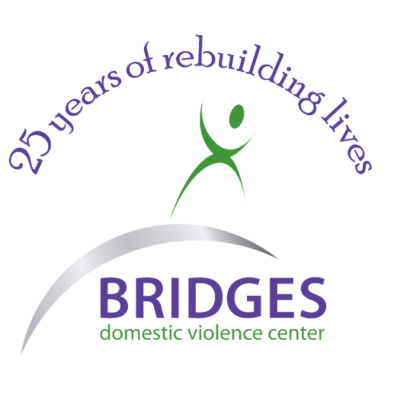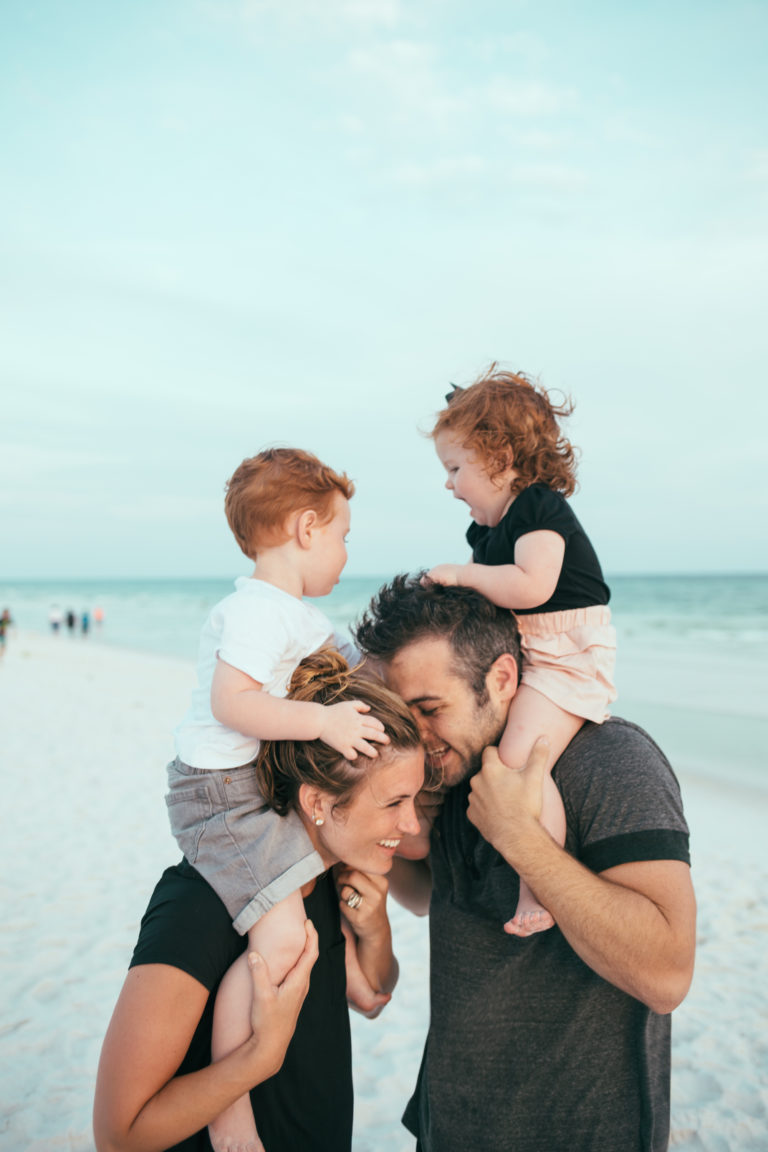We are becoming increasingly aware of the scope of the domestic violence problem in our world and communities. The impact it has on the mental health and physical health of an individual is devastating. Domestic violence also harms the well-being of the nuclear family. Post-traumatic stress disorder, depression, and anxiety are common among survivors. A significant number of victims are at a higher-than-average risk for severe health issues, such as strokes, heart disease, substance abuse, and asthma.
How Does Domestic Violence Affect Our Communities?
In addition, there is a ripple effect that extends out from the nuclear family and relationships into society. According to the Centers for Disease Control and Prevention (CDC), the financial impact of domestic violence is significant both individually and societally. The lifetime economic cost associated with such results as lost productivity from paid work, criminal justice, medical services, and other costs is estimated to be $3.6 trillion. The cost of domestic violence over a victim’s lifetime is estimated to be approximately $103,767 for women and $23,414 for men.
Children who are victims of abuse ill do more poorly in school and relationships and carry those outcomes into society, future relationships, and the job market. Homelessness is another result of domestic violence due to fear, financial pressures, mental instability, or inability to care for oneself. The cost of caring for victims falls on society and the government and, as previously shown, is substantial.
What Are Some Signs That Domestic Violence Is Taking Place?
Domestic violence can involve psychological, verbal, sexual, or economic abuse. These forms of domestic violence can be challenging to spot since the victim is often isolated from others by the abuser. Abusers exhibit specific attributes that can serve as warning signs, such as:
- Jealousy
- Controlling behavior
- Isolation of their partner from friends and family members
- Hypersensitivity or being quick to anger
- Cruelty toward animals or children
Some clues that a person may be a victim of domestic abuse can be:
- Unexplained marks or bruises
- Depression, anxiety, personality changes
- Has stopped spending time with family or friends
- Fear of angering their partner
- Making excuses for a partner’s inappropriate behavior
As the only domestic violence shelter in Williamson County, Tennessee, Bridges Domestic Violence Shelter is dedicated to helping victims and survivors find a pathway to safety and independence. Our not-for-profit, non-discriminatory organization offers life-changing services and programs free of charge to anyone who has experienced physical, mental, or sexual abuse. You can learn more about our services here and read some of our survivors’ stories here.
Free. Safe. 24/7. (615) 599 5777.
We are a member agency of United Way of Greater Nashville.

